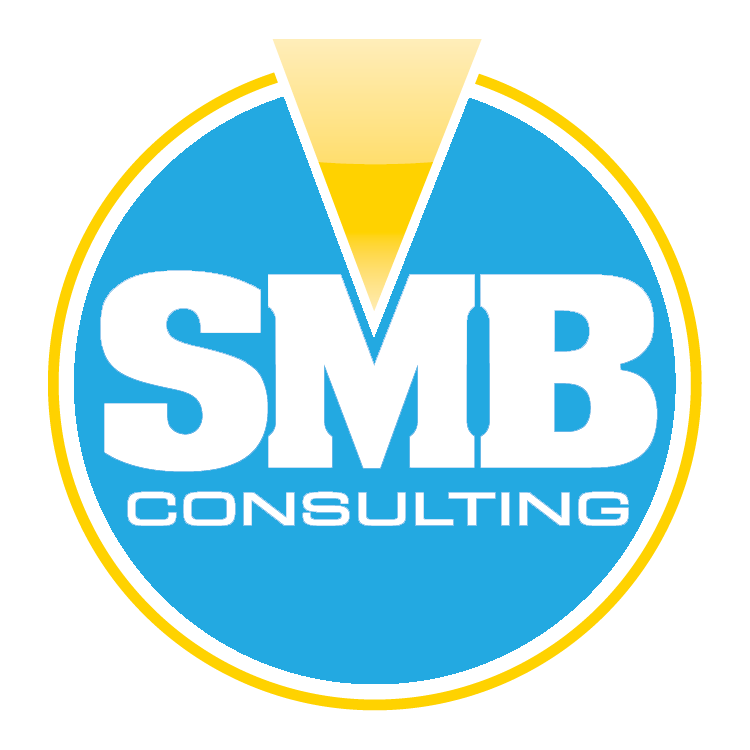Duct tape (the tape) is simple, effective, and affordable—it’s not always the prettiest solution, but it does always work. The central theme of Duct Tape Marketing: The World’s Most Practical Small Business Marketing Guide by John Jantsch is that effective small business marketing is a system—not an event—composed of simple, effective, and affordable techniques.
When you combine that with the cult-like obsession many people have for all things duct tape you also get a pretty good example of how something simple like the right name can do a great deal for a company, product, service, or book. I asked John to distill his marketing ideas to a top-ten list, and here is what he provided:
-
Narrow the market focus. Create a picture of the ideal client: what they look like, how they think, what they value, and where you can find them. Start saying no to non-ideal clients.
-
Differentiate. Strip everything you know about your product or service down to the simplest core idea. Make sure that the core idea allows you stand out.
-
Think about strategy first. Take everything you’ve done in steps one and two and create a strategy to own a word or two in the mind of your ideal client and prospect.
-
Create information that educates. You are in the information business, so think of your marketing materials, web sites, white papers, marketing kits as information products, not “sales” propoganda.
-
Package the experience. Put visual elements around every aspect of the marketing strategy that you adopt. Use design to evoke the appropriate emotional response from your ideal prospect.
-
Generate leads from many points. People learn in different ways. Your lead generation efforts must allow your prospects to experience your firm from many different angles and views.
-
Nurture leads along the logical buying path. There’s a natural way for your prospects to come to the conclusion that you have what they need. Build the lead conversion system for before, during, and after the sale.
-
Measure everything that matters. Certain things always matter. The secret sauce is in finding and measuring the intangibles – those things down on the shop floor that eventually add up to profit.
-
Automate for leverage. Embrace the Internet or else. Create access, stimulate community, capture innovation, and build knowledge to automate the basic delivery elements of your information business.
-
Commit. Resist the temptation of the marketing idea of the week. Create daily, weekly, monthly, and annual marketing calendars, make marketing your new habit, and find the money to stick with the plan.

